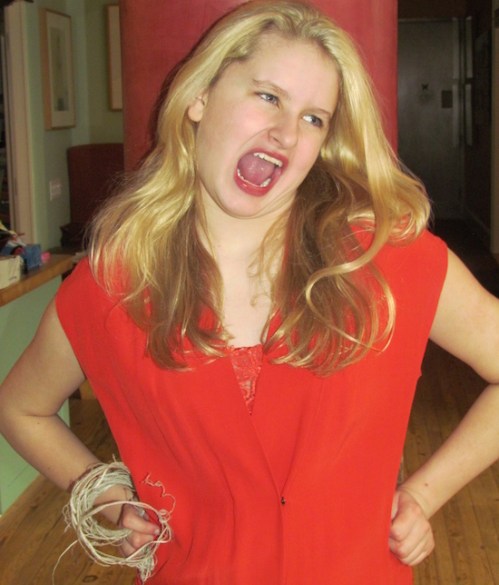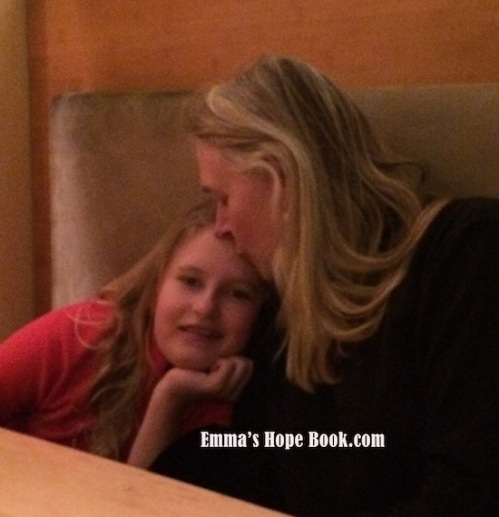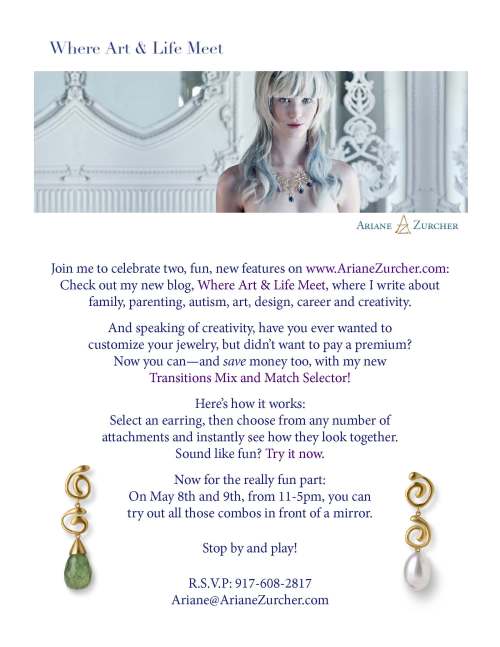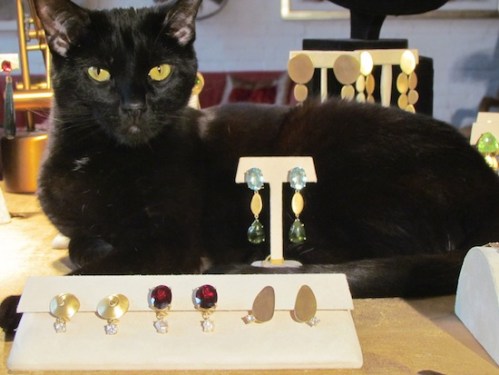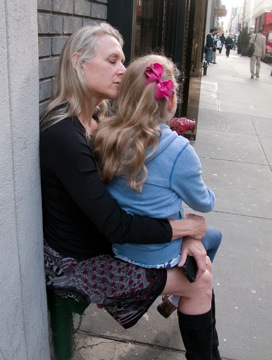First there was the evaluation. The therapists, the psychologist, the questions. Everyone arrived with their little bag of toys that remained untouched by session’s end. Some tried to interact, others just observed, but all, eventually, turned to us to ask pointed questions. Questions meant to gather information, but that felt like tiny daggers, cloaked in kindness, laced with concern. They jotted down things we could not see, little bits of information they would, no doubt, refer to later, once back in the safety of their office.
Meanwhile we were in the midst of it, with our child who behaved in ways we couldn’t anticipate and often did not understand. None helped us with that. Their reports finished, their conclusions made, their notes and jottings summarized into a single word – autism. Delivered to us by phone, we were told, like a psychic delivering a premonition, the cold, hard “truth”. Our daughter’s life, suddenly bled of joy, like so many leeches placed on a feverish body, draining her of all vibrancy. Her bright future no longer bright, she was categorized. Her deficits itemized and highlighted, her strengths dismissed or ignored, the solution, the remedy, the therapeutic interventions, the “behavior modification” programs could now begin. If we were lucky she could be trained. She could be “modified”. She was young, we were reassured. There was still time. We were congratulated for having caught “it” so early. Early intervention was key, we were told. Intervention…
That was the beginning. That was the beginning. Instead of reassurances, we were given dire statistics, useless advice, asides about inner strength, courage, even “god” was evoked with alarming frequency. People learned of our news. Carried along on the same wave of terror, they tried their best to conceal what they really thought. Some were more successful than others. Some, couldn’t help themselves, in an ill-conceived attempt to prop up, they said things like, “I don’t think I’m strong enough to have such a child…” or “I wouldn’t be able to handle it if…” or simply “How do you do it?” and with each, the darkness crept closer, enveloping us in arms of sadness and pity. The darkness became familiar, soon, without realizing it, I had embraced it and found others who felt similarly.
What I would have given to have had my Autistic friends there with me during that period when everything was so scary and the unknown loomed before us like a dark impenetrable wall. What I would have given, for someone to say, “You are frightened now, but they do not know, they do not understand, they may mean well, but they cannot help you. You see, they are coming at all of this from the perspective of their own limited neurology. They cannot see beyond what they believe to be true. But there is another “truth” and it is one they are unable to tell. The words they use will only lead you down a path you must reject. It is a path that will descend into more fear, more terror. It will not lead you and your child to anywhere you want to go. Come with me, instead. Walk with me. Walk toward the light.
In my ever evolving fantasy of – What if? – I imagine all my friends… my friends who are Autistic, some of whom do not speak, some who do, some have similar interests as my daughter, others do not, but all… all share her neurology… and it is towards them that I walk. It is with them that I surround myself. It is with them that I choose to be among, because they know. They know what it is to be Autistic. They put beauty in the word “autism”. It is their faces, their words that I think of when I think about autism and my fear is vanquished. Fear, now replaced with pride and hope and joy that my daughter is part of such a caring, loving group of people; I am relieved. A community who has come together to care for each other in a world that continues to ostracize, segregate and criticize, this is the community that stands with their arms open wide, in acceptance, in celebration of all that my daughter is and will become.
Walk with me… walk toward the light…


